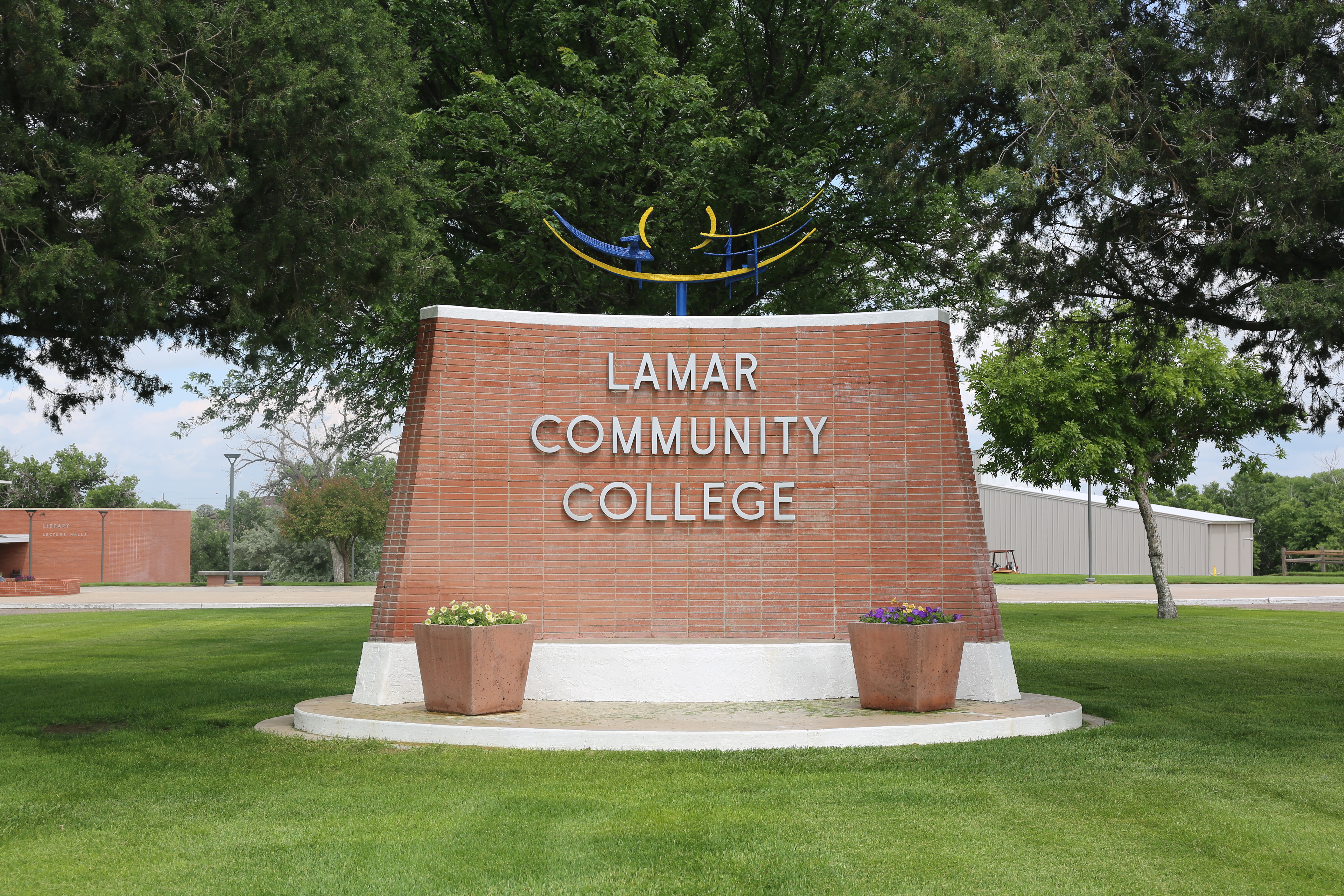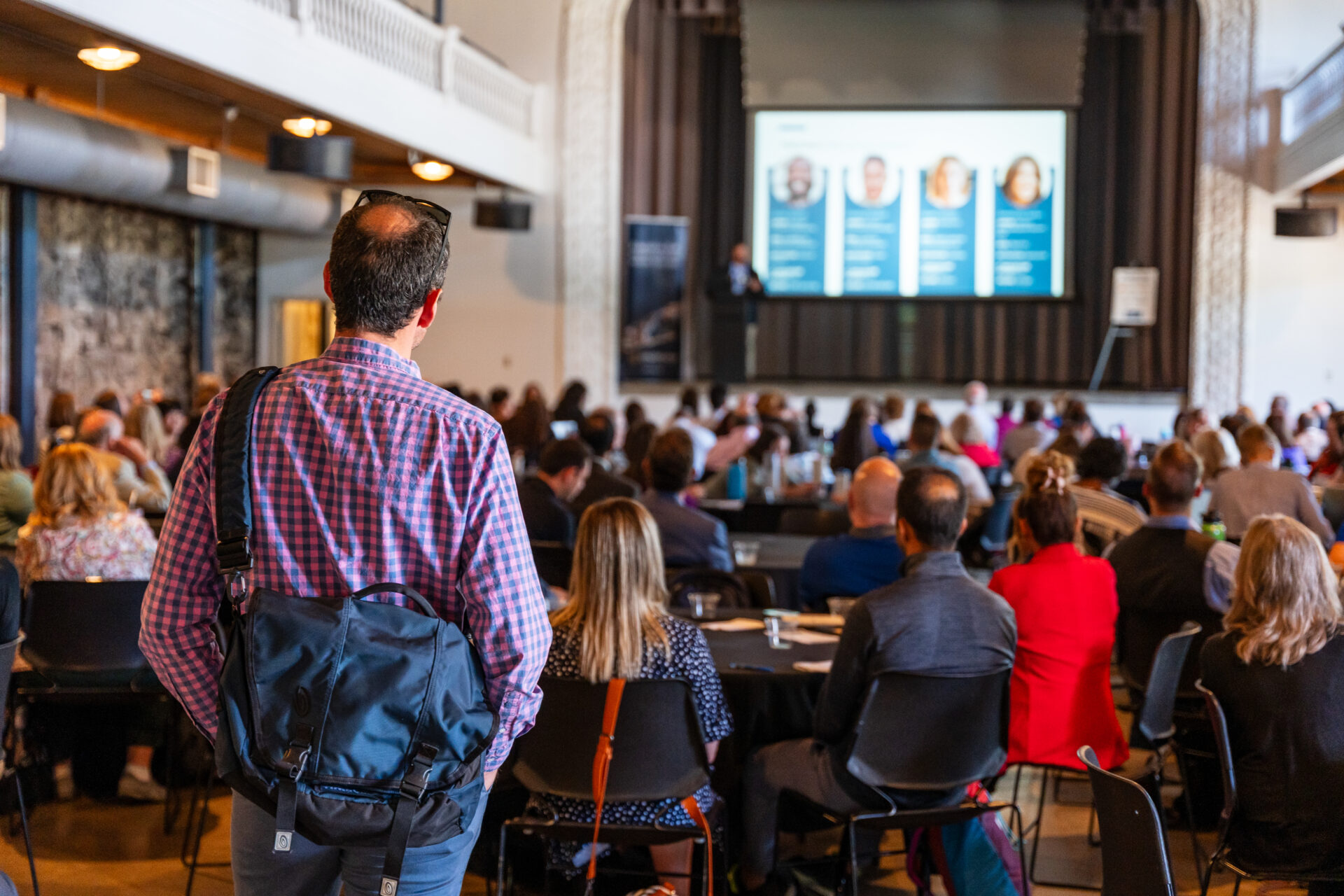The Colorado Community College System (CCCS) is proud to celebrate Open Education Week, a global initiative that highlights innovation in open education. CCCS colleges are leaders in creating and using open educational resources, or OER, that have been shown to boost student success and drastically reduce textbook costs. We caught up with Brittany Dudek, CCS Director of Library and OER Services, to hear about the latest trends in open education.
Q1: What is your role at CCCS? How did you get involved with open education?
I am the Director of Library and Open Educational Services at CCCS. I have been involved in open education since 2011, when I started creating my own zero textbook cost course for a Library Technical Assistant program. I then started working with different faculty and instructors to find their own free or open materials. Once I moved to Colorado and started working with the Colorado Community College System, my work in OER really began to grow. I started working with the CCCOnline course development teams to help support our OER developments, and serving on local, state, and national OER committees.
Q2: What are open educational resources (OER)? What are some of the key benefits for students and instructors?
The most common definition for OER comes from the Hewlett Foundation: “Open Educational Resources are teaching, learning and research materials in any medium—digital or otherwise—that reside in the public domain or have been released under an open license that permits no-cost access, use, adaptation and redistribution by others with no or limited restrictions.”
There are so many benefits to adopting or creating OER for students and instructors. Some of my personal highlights are that OER increases access to education by lowering the overall cost of attendance for students; increases academic freedom for faculty and instructors by allowing them to completely control the materials they are teaching with by adapting or creating content specifically for the course competencies or topics; and allows course materials to be customized so they accurately reflect the students we are teaching (like changing the names and images in our courses).
Q3: How are CCCS instructors and faculty leveraging OER in their teaching?
Our CCCS instructors and faculty are using OER in so many exciting ways. Some are using it to quickly update their materials to reflect our changing world or advancements, and others are implementing open pedagogy practices, which is a form of experiential learning that engages the students as the creators.
Many instructors see the value in using OER because it reduces the costs of course materials and ensures their students have access to required materials, helping them afford other necessities. We have others that want to supplement their existing materials and dip their toes into the world of OER, and we are thrilled to support this, too!
Q4: How is CCCS advancing OER use across its 13 colleges?
Many of our colleges have their own amazingly successful OER initiatives, and the System Office supports all 13 of our colleges and the Colorado Online programs, as well. As a System and as individual colleges, we have successfully secured many OER-related grants, and we are fortunate that our leadership is very supportive of our OER efforts.
Some of our current System OER efforts include launching CCCS’ first OER Bachelor of Applied Science in Business and participating in numerous OER communities of practice, such as the Colorado Department of Higher Ed’s OER Council.
Q5: What makes you excited about the future of open education?
So much about open education excites me! The idea of increasing access to affordable education will always be my primary OER goal. I also think new integrations of AI tools will eventually help eliminate some of the challenges that OER faces (e.g., time spent editing, formatting, etc.).
Ultimately, I am so excited about the idea of students engaging with their education as co-creators. When students can use their skills or interests to demonstrate what they have learned, or better yet, to help their communities while they earn credit, their education is more meaningful.


